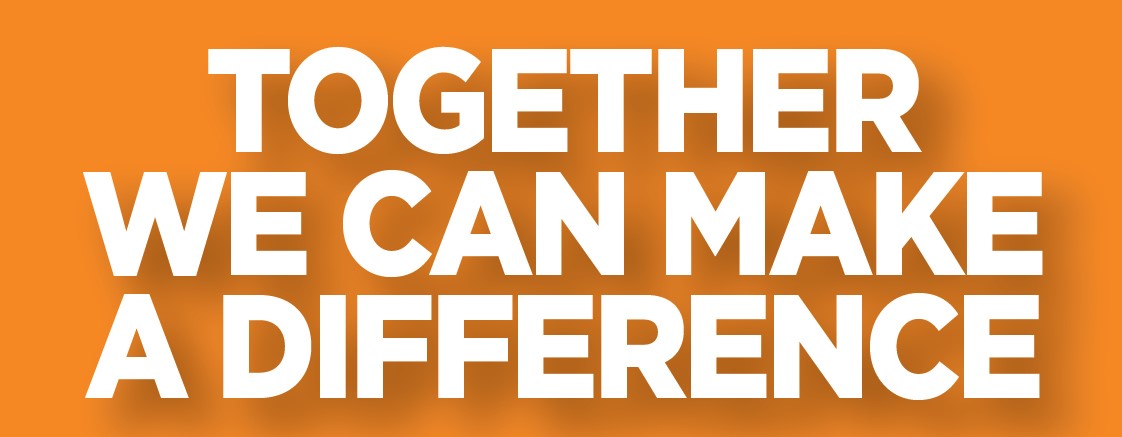Hair Loss (Alopecia) and Cancer Treatment
Some types of chemotherapy cause the hair on your head and other parts of your body to fall out. Radiation therapy can also cause hair loss on the part of the body that is being treated. Hair loss is called alopecia. Talk with your health care team to learn if the cancer treatment you will be receiving causes hair loss. Your doctor or nurse will share strategies that have help others, including those listed below.
Ways to Manage Hair Loss
Talk with your health care team about ways to manage before and after hair loss:
- Treat your hair gently. You may want to use a hairbrush with soft bristles or a wide-tooth comb. Do not use hair dryers, irons, or products such as gels or clips that may hurt your scalp. Wash your hair with a mild shampoo. Wash it less often and be very gentle. Pat it dry with a soft towel.
- You have choices. Some people choose to cut their hair short to make it easier to deal with when it starts to fall out. Others choose to shave their head. If you choose to shave your head, use an electric shaver so you won’t cut yourself. If you plan to buy a wig, get one while you still have hair so you can match it to the color of your hair. If you find wigs to be itchy and hot, try wearing a comfortable scarf or turban.
- Protect and care for your scalp. Use sunscreen or wear a hat when you are outside. Choose a comfortable scarf or hat that you enjoy and that keeps your head warm. If your scalp itches or feels tender, using lotions and conditioners can help it feel better.
- Talk about your feelings. Many people feel angry, depressed, or embarrassed about hair loss. It can help to share these feelings with someone who understands. Some people find it helpful to talk with other people who have lost their hair during cancer treatment. Talking openly and honestly with your children and close family members can also help you all. Tell them that you expect to lose your hair during treatment.
Ways to Care for Your Hair When It Grows Back
- Be gentle. When your hair starts to grow back, you will want to be gentle with it. Avoid too much brushing, curling, and blow-drying. You may not want to wash your hair as frequently.
- After chemotherapy. Hair often grows back in 2 to 3 months after treatment has ended. Your hair will be very fine when it starts to grow back. Sometimes your new hair can be curlier or straighter—or even a different color. In time, it may go back to how it was before treatment.
- After radiation therapy. Hair often grows back in 3 to 6 months after treatment has ended. If you received a very high dose of radiation your hair may grow back thinner or not at all on the part of your body that received radiation.
Talking With Your Health Care Team about Hair Loss
Prepare for your visit by making a list of questions to ask. Consider adding these questions to your list:
- Is treatment likely to cause my hair to fall out?
- How should I protect and care for my head? Are there products that you recommend? Ones I should avoid?
- Where can I get a wig or hairpiece?
- What support groups could I meet with that might help?
- When will my hair grow back?
Listen to tips on how to manage hair loss caused by cancer treatments such as radiation therapy
This article is from NIH – National Cancer Institute – https://www.cancer.gov/about-cancer/treatment/side-effects/hair-loss


